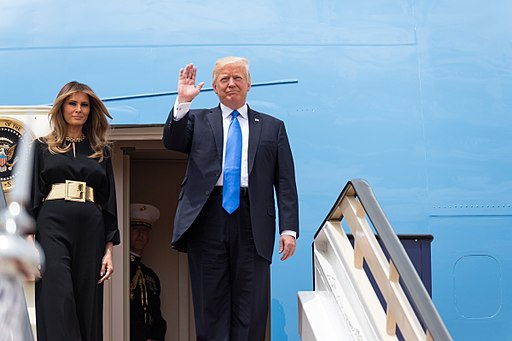On July 17, President Donald Trump (R) issued an executive order to expand the number of politically appointed federal employees. The “Creating Schedule G in the Excepted Service” executive order created a new job classification for federal workers, called Schedule G.
Employees hired under Schedule G would be considered political appointees, serving without the legal job protections of career federal employees. Schedule G employees could be terminated at will, and according to the White House would be "expected to leave when the President who appointed them leaves office." According to Office of Personnel Management guidelines released July 29, new Schedule G employees would receive White House review and approval before being hired.
Political appointees may be hired under the existing Schedule C job classification, which is used to fill non-career confidential or policy-determining roles. A White House fact sheet said that Schedule G would complement this classification by providing for “non-career appointments to policy-making or policy-advocating roles.” University of Minnesota Law School Professor Nick Bednar said, “In my opinion, most of the noncareer positions that could be permissibly classified as ‘policy-advocating’ or ‘policy-making’ would fall within Schedule C anyway. Therefore, Schedule G feels redundant with the existing excepted service schedules except for the specific words being used."
Schedule G would be the second job classification created by the second Trump administration, after Schedule Policy/Career, created earlier in 2025. Employees in this classification could also be terminated more easily than career government employees. Career employees working in policy-influencing positions may be reclassified as Schedule Policy/Career under a proposed Office of Personnel Management rule. Schedule Policy/Career was created by a Jan. 20 executive order, and is similar to the Schedule F job classification created by the first Trump administration. Schedule F was revoked by President Joe Biden (D) on Jan. 22, 2021.
Supporters of Schedule G and Schedule Policy/Career argue that by making it easier to terminate employees in policy-related roles, they will ensure accountability when federal employees carry out presidential directives. The White House said Schedule G “will improve operations, particularly in agencies like the Department of Veterans Affairs, by streamlining appointments for key policy roles," and that Schedule Policy/Career would "enhance accountability for career Federal employees in policy-related roles." In opposition to the executive order, Loren DeJonge Schulman, a former Biden administration official, said, "This administration is taking a number of steps to politicize what were once known career positions throughout government, and add a level of partisanship to the work that was once seen as a nonpartisan, cross-administration body of work."
The second Trump administration has issued 181 executive orders as of August 4. Ballotpedia classified 28 of these as directly related to the administrative state, including the executive orders that created Schedule Policy/Career and Schedule G.
Additional reading:



